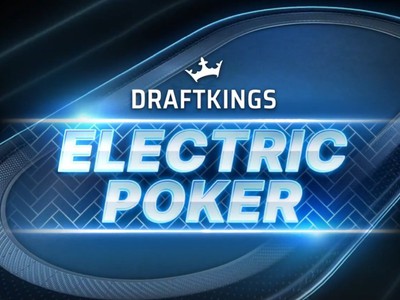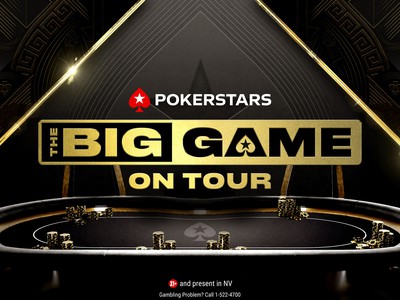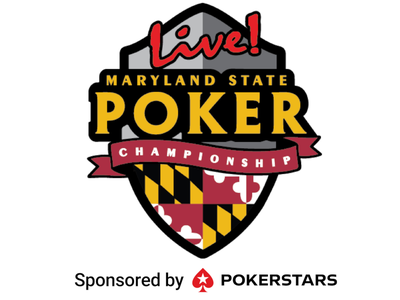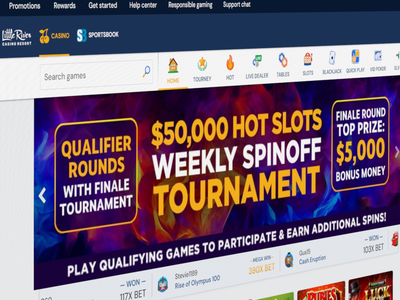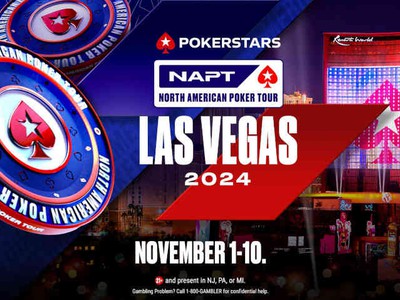A bill to expand iGaming in Indiana beyond online sports betting and into casino gaming and online poker has been introduced in the state General Assembly.
The bill, HB 1536, would also allow the Hoosier State to join a compact for multi-state poker — most likely the Multi-State Internet Gaming Agreement (MSIGA), which includes Delaware, Michigan, Nevada, and New Jersey.
With its neighbor to the north now an active part of MSIGA, it appears increasingly possible that Indiana could become the eighth state with legal regulated online poker (two have no operators) and the seventh with online casino gaming.
Indiana Would Tax Online Casinos at 20%
HB 1536 was filed by Rep. Ethan Manning (R-Logansport) on January 12, the deadline to submit legislation in the House for the 2023 legislative session.
Under the bill, each of the 12 land-based casinos in the state, including riverboats and racinos, would be allowed to run three online casino skins. HB 1536 also calls for the Indiana Gaming Commission (IGC) to begin accepting applications for online casino licenses starting July 1, with the market launching on September 1.
The state would tax online casino gaming at 20%, equating to the same rate three commercial casinos in neighboring Michigan pay, with 8.1% going to the state and an additional 10.9% going to the City of Detroit.
But Indiana would allow operators to deduct up to $10 million of their gross gaming revenue yearly to cover wagers made using promotional credits. Operators would pay $500,000 for an initial licensing fee, and it would cost $50,000 for an operator to renew their license for one year.
HB 1536 also includes a responsible gaming component. It establishes that revenue from the license fees and annual renewals would go to an interactive gaming fund, which would be used to administer the IGC’s self-exclusion list and advertise and promote the availability of problem gaming resources.
Hoosier State Could Join MSIGA
HB 1536 states that Indiana could join a multi-state compact like MSIGA for online poker.
The Indiana online poker bill articulates that the IGC “may enter into an interactive gaming reciprocal agreement with a regulatory agency of one or more other states or jurisdictions in which interactive gaming is authorized to allow an interactive gaming operator to accept wagers from persons not physically present in Indiana.”
Players within Indiana’s borders would be allowed “to place wagers with parties to the interactive gaming reciprocal agreement if the reciprocal agreement is not inconsistent with federal law and is approved by the governor.”
If Indiana online poker became a reality, the three biggest regulated operators for real money online poker in the USA — BetMGM, PokerStars, and WSOP — would likely be interested in starting operations there. All three have market access in the state, either directly or indirectly (e.g., PokerStars, through FanDuel).
Membership in MSIGA could prove to be a prerequisite for the three online poker operators before launching in Indiana. The state has a small population (6.8 million), and its online poker rooms would need the shared liquidity that membership in the compact brings.
Other Provisions in the Bill
HB 1536 would grant the IGC regulatory authority over online casino gaming and give it the same powers it has in other areas it manages — riverboat casinos and racetracks. Once the bill becomes law, the regulator would have 60 days to develop emergency rules for the online casino vertical.
The bill appears to require operators to use live dealer studios based in Indiana should they elect to offer live casino games — which is almost a certainty. A “live game studio” is defined as a facility with a physical location in Indiana.
But the law would allow an operator to run their primary or interactive gaming server from anywhere in the US.
Report May Help Win Support
Indiana has had online sports betting since September 2019. Attempts to expand iGaming failed in 2021 and 2022.
The third time could be the charm in 2023.
Last September, a report conducted by Spectrum Gaming Group and commissioned by the IGC found that online casino gaming and poker wouldn’t cannibalize revenue from the state’s land-based casinos.
The report also estimated the state would make $341 million in tax revenue over the first three years with legal online casino gaming and poker.
Considering a separate report on online sports betting was commissioned by the IGC in 2018 — the year before the Indiana General Assembly passed a sports betting bill — expectations are that Spectrum’s research could convince skeptical lawmakers to support Manning’s bill.
HB 1536 has been read once in the House and referred to the House Committee on Public Policy. The bill must win passage in the House by February 27 and the Senate by April 29, the day the Indiana General Assembly adjourns sine die.

